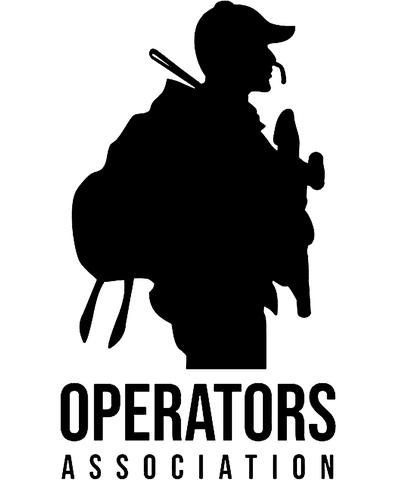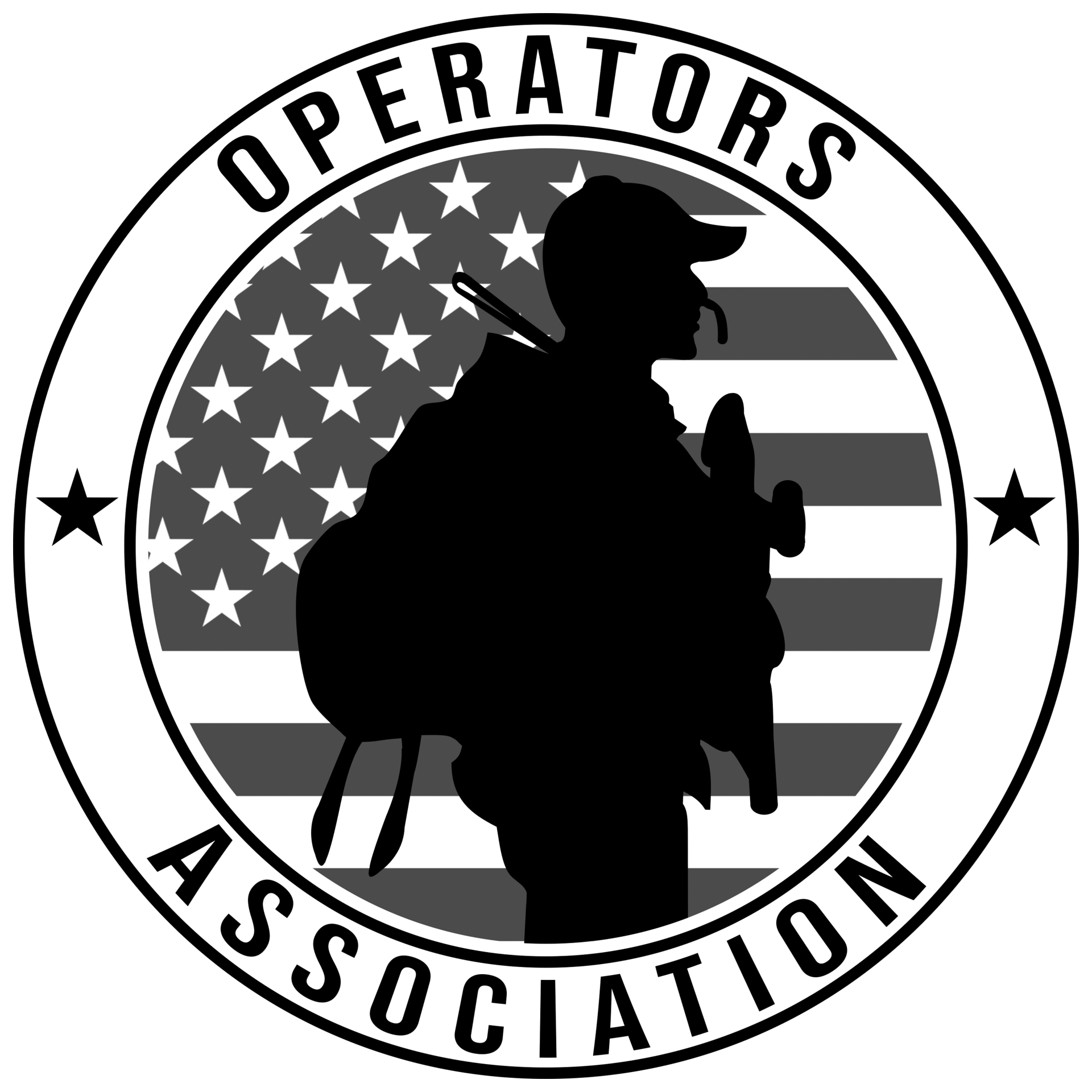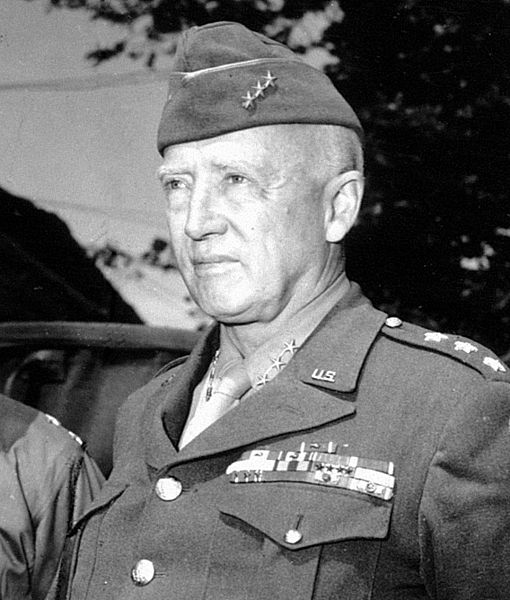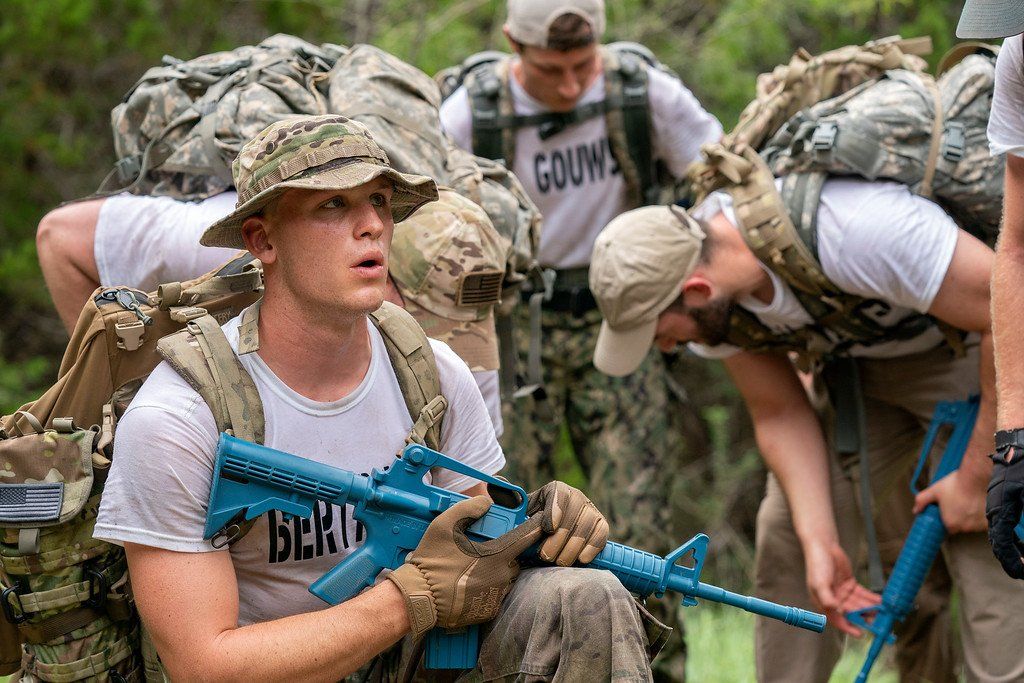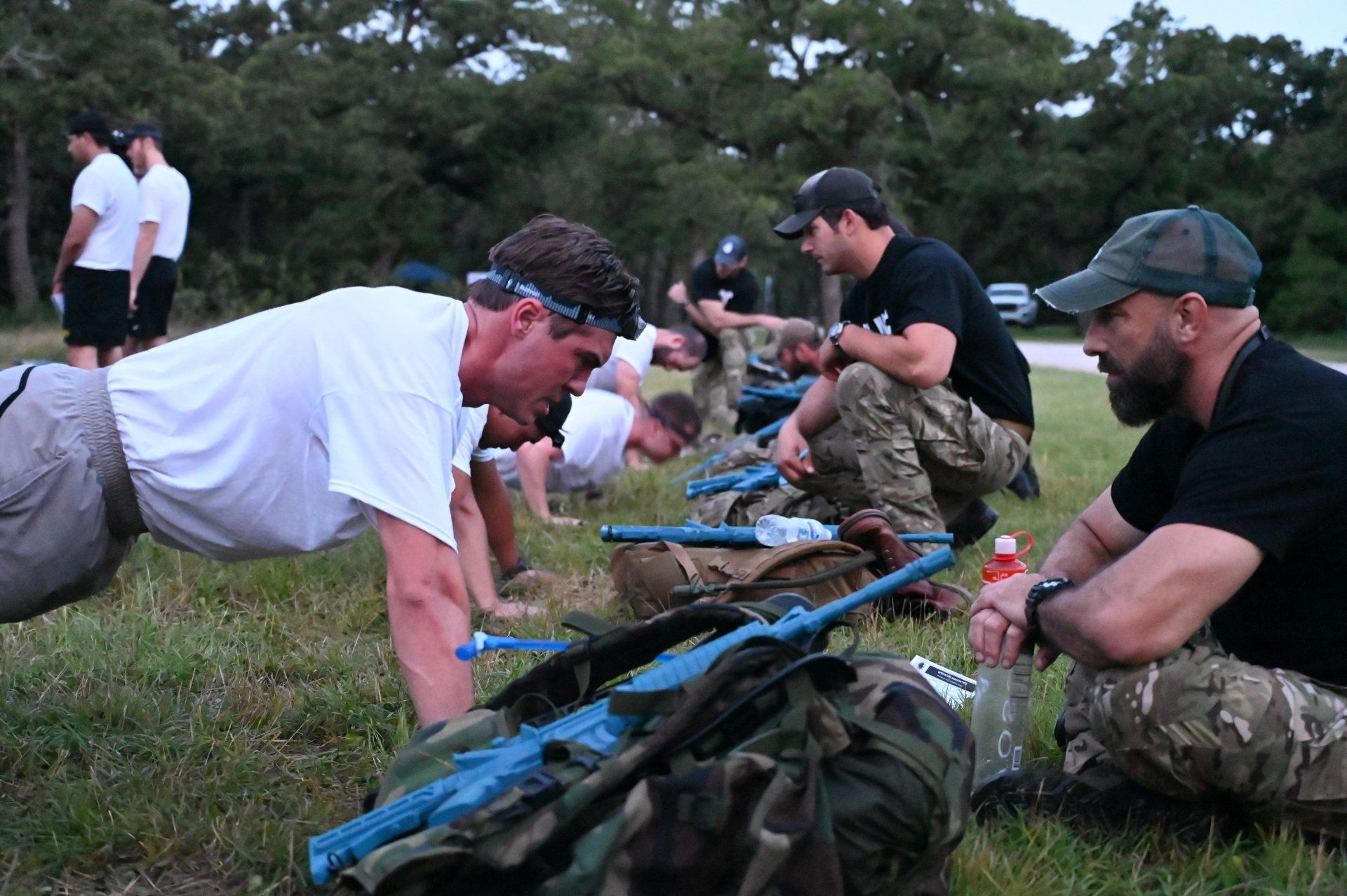Why You Need to Learn Public Speaking
4 ways public speaking makes you a better operator.
When most people think about public speaking, they imagine a newly elected president giving the inauguration speech or a famous motivational influencer presenting their TED talk. While these are both examples of public speaking at the extreme, oratory in daily life is much more nuanced.
In one way or another, every communication we have is, in essence, a public speaking performance. After all, both successful presentations and productive conversations rely on the same factors: getting attention, expressing your ideas, and achieving a goal or action. In a previous OA guide,
How to Give a Briefing, we gave you some presentation organizing tactics to help get your ideas across. In this guide, we’ll dive into the specific benefits of developing your public speaking skills and how they will help you become a SOF operator.
Benefit 1: Performance Under Pressure
Did you know that people would rather die than speak in front of a group? That’s not a euphemism. In 1973, when psychologists asked people to rank their worst fears, they found that people fear public speaking more than death itself. In other words, they’d rather be the ones inside the grave than the ones giving the eulogy. But the question remains, why is speaking in front of others such a pervasive fear? Because it exposes us to society.
Humans have evolved to work in groups. If a guy got kicked out of his stone-age village 100,000 years ago, he probably wouldn’t survive very long chasing wildebeests with a pointy stick. For our ancestors, collaborating and fitting in with society was equally as important as getting food or water – a matter of life and death. While we’re no longer running around in loincloths or using stone tools, our brains are still programmed to have the same primal drive towards teamwork.
Unfortunately, public speaking is the opposite of teamwork. There you are, on a stage, facing a group of people who could kill you if they got mad enough… and now you have to give a speech. You are exposed to the world’s judgment, and there’s nothing you can do about it. The same goes for SOF selection – you are at the mercy of special forces instructors who could crush your dreams of becoming an operator by merely uttering a few words. The pressure is on you to perform.
Although you will always get nervous before stepping into the spotlight, public speaking can help you combat that fear by immersing you in discomfort. The more often you voluntarily expose yourself to the distress of public speaking, the less pressure you’ll feel in other stressful situations.
Benefit 2: Learn Quick Thinking
Not every speech is planned. In fact, many public speaking organizations host competitions for improvised, off-the-cuff presentations. If you think it’s tough to deliver a well-thought-out speech, you should try giving an impromptu one. The time constraint mixed with the stress of presenting makes improvised speeches some of the hardest things to execute – even for expert orators.
In the teams, quick thinking can save your life. Operators often deploy into dynamic, unpredictable scenarios that change by the minute. Learning to give an improvised presentation won’t prepare you for combat, but it can help you
gather your thoughts and execute under pressure.
Benefit 3: Represent Your Ideas Better
In combat, ambiguity gets people killed. When you plan a mission, assault, or operation, all of your teammates must be on the same page. If each person on your team has a different understanding of the plan, your mission is in jeopardy. At best, ambiguity results in an inefficient or ineffective operation. At worst, your inability to communicate the plan properly can cause a friendly fire incident.
Communicating ideas is at the core of public speaking and usually the first thing you learn. The more explicit and clear-cut your communication, the better people will understand and utilize the information you give. Communicating your plans is just as important as the planning itself.
Benefit 4: Become a Transformational Leader
War isn’t like the stuff you see in Hollywood production films. Military missions are rarely as profound and impactful as storming the beaches of Normandy or attacking Hacksaw Ridge. Oftentimes, a soldier’s days include routine patrols, maintenance, and other menial tasks. Although these duties may seem insignificant on their own, they make up the backbone of the military and its daily operations.
If your team ever faces a seemingly purposeless or wasteful mission, it’s up to you to motivate them into action. If your people don’t understand the importance of your objective, they won’t perform at their best to accomplish it. Taking seemingly negligible points and turning them into pivotal ideas is a key public speaking skill – many organizations have their members practice by giving speeches about trivial topics.
You probably won’t give an inspirational speech the next time your people have to carry sandbags or go on a ruck hump. But having
the ability to change hearts and minds by speaking can be a powerful weapon of war.
Becoming an operator is about more than being physically fit and combat-capable. It’s about having the skills and knowledge to adapt to changing circumstances. All US military members are well-trained. What makes SOF operators different is their ability to succeed in scenarios that their training didn't cover. When you become an OA member, you get instant access to an exclusive community of hundreds of future, current, and retired SOF operators. There, you will get the skills and mentorship you need to crush selection and achieve your dreams. Get started today.
Click here to become an OA member now!
